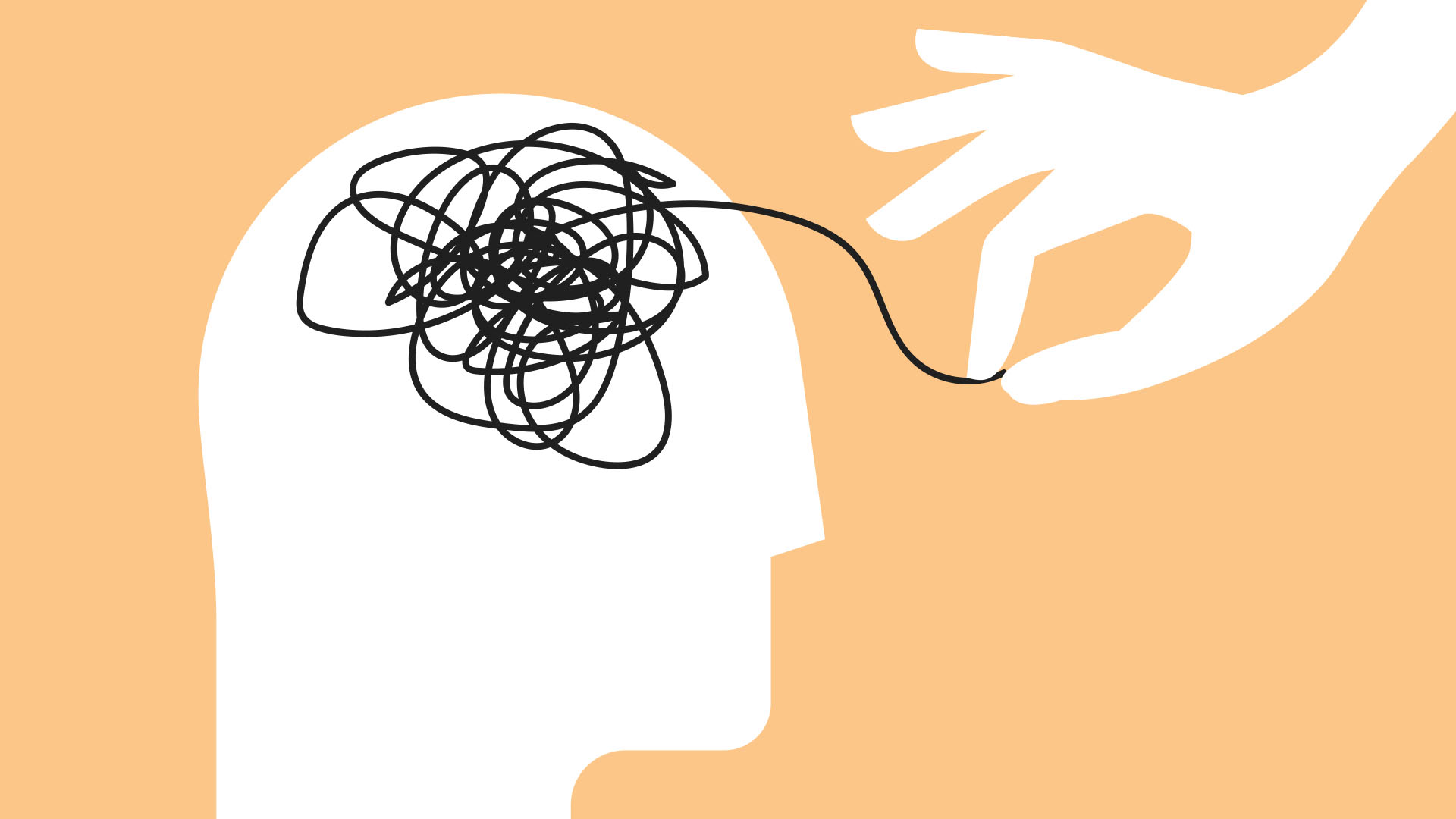
A pilot study: Developing and testing an online version of an effective cognitive behaviour therapy for eating disorders protocol
2022-2023 – Flinders University
Lead Investigator: Matthew Flinders Distinguished Professor Tracey Wade; Co-Investigators: Dr Yuan Zhou, Dr Bronwyn Raykos and Dr Ryan Balzan
Priority Area: Eating disorders
Overview: Dr Yuan Zhou was employed to work on this project under the supervision of Matthew Flinders Distinguished Professor Tracey Wade. The pilot study had two main aims.
The first was to transfer an effective face-to-face 10-session cognitive behaviour therapy for eating disorders (CBT-ED) protocol to an online platform that could be used with therapist guidance. Since the pandemic, the utilisation of online therapy has been necessary but also ensures equity of access to people in regional areas.
The second aim was to evaluate the acceptability of the intervention with people who had problematic eating behaviours to inform any adjustments to, or best ways to use, the intervention before making it more widely and freely available to different groups, such as people on the wait list for therapy across different treatment settings.
The researchers at Flinders University have now completed the development of an engaging online CBT-ED that was piloted with people at risk of developing an eating disorder. They quickly realised that, with this group, it was too long, as of the 9 people who received the intervention, only 3 completed 2 or more of the 10 modules.
They, therefore, launched into evaluation of online CBT-ED with people with eating disorders who are receiving treatment at the Flinders University Services for Disordered Eating (FUSED). Having access to an online intervention has allowed the researchers to use an innovative “adaptive” treatment design – matching the intervention to individual’s needs. In this approach to treatment, they allow two weeks between assessment and start of therapy and ask people to complete a “single session intervention” that stresses the importance of adequate nutrition – one relates to brain development that enable learning of new skills, one focuses on supporting behaviours that decrease depression, and one relates to focusing emotional regulation.
If a person can decrease their dietary restriction by 30% or more over the 2-week period, they are allocated to our online CBT-ED with the support of the therapist. This early change indicates that people are likely to have a good outcome and will need less support. If they are unable to decrease restriction to this level, they are allocated to a more intensive face-to-face Ten-session CBT (CBT-T).
It is really pleasing to be able to report that, of the people who have commenced therapy since January 2023, 43% had reduced their dietary restriction enough that they could commence the online CBT-ED.
It is also pleasing to report that people receiving online CBT-ED have completed an average of 7.9 sessions compared to 6.4 sessions in the face-to-face CBT-T. In other words, doing therapy online is as engaging as face-to-face therapy for this motivated group.
We look forward to reporting on the effectiveness of both therapies in the future, but we know that people receiving online CBT-ED have experienced life-changing outcomes that have set them well on the road to recovery.
This therapy will also be freely available once it is evaluated.
The trial has been registered with the Australian New Zealand Clinical Trials Registry (ACTRN12623000101684), see: https://www.anzctr.org.au/ACTRN12623000101684.aspx. We are also presenting preliminary findings at the 2023 Australian Association for Cognitive Behaviour Therapy conference in Sydney in October.

